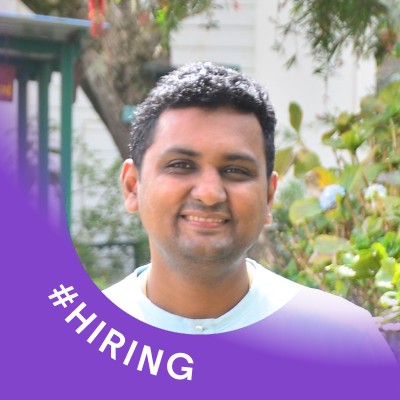As recruitment becomes more dynamic and global, the need for scalable and objective candidate evaluation methods has grown significantly. One emerging trend is the use of Conversational AI to simulate real-world scenarios during interviews, offering hiring teams deeper insights into candidate behavior, communication skills, and problem-solving abilities.
A recent development in this space involves the integration of multi-format AI interviews, where candidates are assessed through chat, voice, and video-based interactions. These tools aim to replicate on-the-job challenges in a controlled, consistent, and bias-resistant environment, offering a more comprehensive view of a candidate’s potential beyond traditional Q&A formats.
Addressing Gaps in Traditional Interviews
Conventional interview methods often struggle to predict how candidates will perform under real workplace pressures. Challenges like interviewer bias, static questions, and inconsistent evaluation frameworks can obscure a candidate’s true capabilities.
Conversational AI attempts to address this by immersing candidates in scenario-driven simulations, such as managing an irate customer, resolving internal conflicts, or pitching a product under time pressure. These interactions can help hiring teams evaluate not only what a candidate knows, but how they apply that knowledge in practical, high-stakes contexts.
Multi-Format Assessment: Chat, Voice, and Video
The new approach typically includes three distinct formats:
- Chat AI: Simulates realistic text-based workplace conversations, enabling evaluation of written communication, clarity of thought, and situational judgment.
- Voice AI: Engages candidates in audio-based interviews where verbal fluency, tone, and persuasion skills are key—especially relevant for customer-facing roles.
- Video AI: Allows asynchronous interviews led by AI avatars, capturing both verbal and non-verbal cues. This format helps gauge soft skills like emotional intelligence, confidence, and professional presence.
These simulations are tailored to reflect job-specific tasks, from handling complaints in a support role to managing virtual teams in project management.
Standardization and Scalability in Modern Hiring
For large organizations and staffing firms, one of the major benefits of this AI-driven approach is consistency at scale. When hiring is decentralized or spread across multiple geographies, it becomes difficult to maintain uniform standards in candidate evaluation.
AI-powered interviews offer a way to standardize assessment criteria across locations and roles. Additionally, they can reduce the administrative load on recruiters while still preserving the richness of human interaction in hiring.
Looking Ahead
The adoption of Conversational AI in hiring reflects a broader shift toward skills-first, behavior-aware recruitment practices. Rather than relying solely on résumés or self-reported competencies, companies are increasingly turning to technologies that can model and measure how candidates would respond in real job scenarios.
This move signals not just an evolution in assessment tools but a rethinking of how hiring decisions are made, prioritizing predictive performance over paper qualifications.






